Popularizing digital knowledge
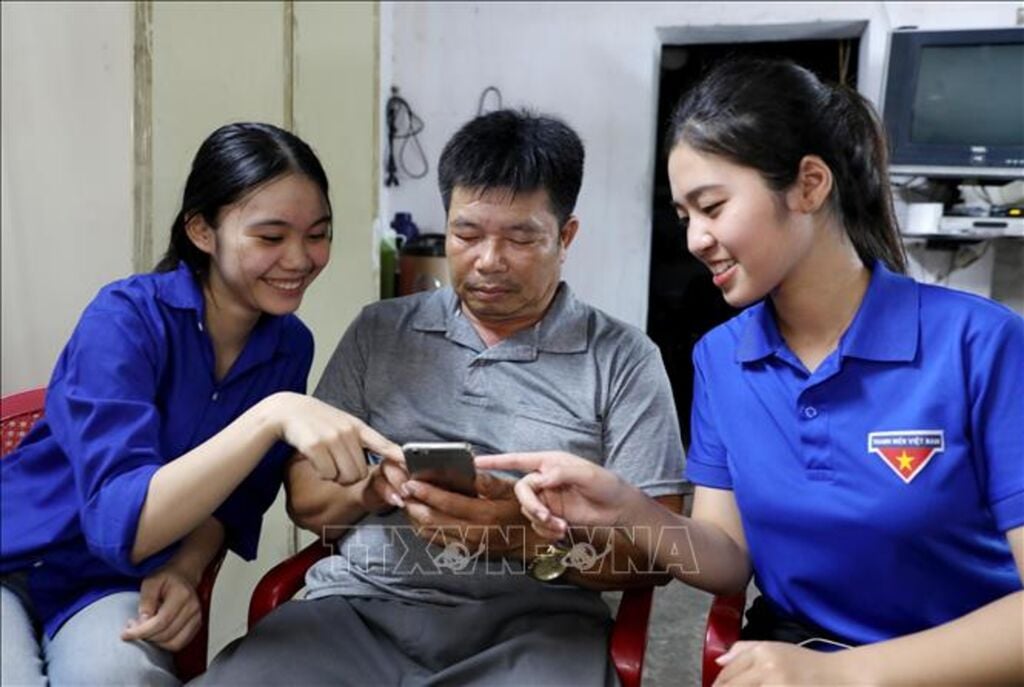
The Central Propaganda and Mass Mobilization Commission has coordinated with the Ministry of Science and Technology and relevant agencies to advise on the issuance of Plan No. 01-KH/BCĐTW on implementing the movement. This is an important basis for implementing the movement nationwide.
On that basis, 100% of ministries, branches and localities have developed specific action programs. After adjusting administrative boundaries, provinces and cities quickly completed the Steering Committee, established Working Groups, issued new plans, ensuring continuity and consistency in implementation. Local launching ceremonies were solemnly organized, combining in-person and online, connecting to thousands of grassroots points. The presence of heads of Party committees and authorities at the events created a strong communication effect, spreading the message: Learning digital skills is not only a right but also a civic responsibility in the new era.
On April 29, 2025, the Ministry of Science and Technology issued Decision No. 757/QD-BKHCN establishing the Basic Digital Knowledge and Skills Framework, along with Guidelines for assessing and confirming the completion of the level of digital skills popularization. This framework is built based on international references and is suitable for Vietnamese practice, helping people "learn easily, understand easily, and follow easily".
On that basis, the Ministry of Education and Training has compiled short, practical, and life- and work-related learning programs. Learning materials are produced in many formats: Text, images, videos, audio lectures - serving both teachers and learners. The National Assembly also quickly built a National Assembly Digital Knowledge and Skills Framework with 4 levels (Basic - Intermediate - Advanced - Intensive), contributing to the formation of a modern, professional "Digital Parliament".
In particular, the “Digital Education for All” platform developed by the Ministry of Public Security has become the central tool of the movement. On this platform, people can study anytime, anywhere, authenticated with a VNeID account, automatically issued certificates and stored personal learning data. The Ministry of Science and Technology is also developing an AI-powered learning virtual assistant, helping to personalize learning content and methods, turning the learning process into a smart, interactive experience.
Across the country, many innovative models have been formed, creating an enthusiastic learning spirit in the community such as: "Digital Family" in Hai Phong, Lam Dong with the motto: Each household has at least one member who is knowledgeable about technology to guide relatives; "Digital Market - Digital Countryside" in Quang Ngai, Tuyen Quang, helping small traders and farmers access e-commerce, cashless payments, selling via livestream, using QR to trace the origin of agricultural products; "Digital Youth Volunteers" in Da Nang, Thanh Hoa helps mobilize tens of thousands of union members to support people in remote areas to use digital services, install VNeID, and provide network safety instructions. "Digital Literacy Journey" (Khanh Hoa) has brought mobile vehicles to mountainous communes to teach digital skills to people. "Each union member - A digital instructor" (Lai Chau) helps spread knowledge in highland villages and ethnic minority areas. The “Soft ATM” model (Lang Son) is an initiative to support digital finance at the commune cultural post office, helping people in remote areas access electronic transactions. These models not only spread digital knowledge but also foster community spirit, arouse social responsibility and humanism in the technology age.
A prerequisite for developing the "Digital Education for All" movement is the digital infrastructure. According to the Radio Frequency Department, Ministry of Science and Technology, by the end of June 2025, the 4G coverage rate reached 99.8%; more than 12,000 5G stations had been deployed in all provinces and cities; 12 million 5G subscribers were active; more than 1.2 million km of fiber optic cable had covered all communes and wards; 85% of households used fiber optic cable.
Thanks to this quality digital infrastructure, by the end of June 2025, the proportion of officials, civil servants, public employees, and workers in the public sector with knowledge of digital transformation, digital skills, and the use of digital platforms and services will reach or exceed 80%. The proportion of students equipped with digital knowledge and skills and cyber security capacity will reach 100%.
The proportion of adults with basic knowledge of digital transformation, knowing how to use smart devices, accessing digital platforms and services, and knowing how to protect themselves in cyberspace also reached nearly 80%. Many localities such as Ha Tinh, Can Tho, Quang Tri, Da Nang, Lam Dong, etc. have become bright spots with flexible ways of working, linking movement activities with socio-economic development tasks. "Digital literacy for all" is truly a practical policy, with profound humanity, not only helping people access technology but also improving self-reliance, creating equality in development opportunities for everyone.
Self-improvement to adapt to the new era
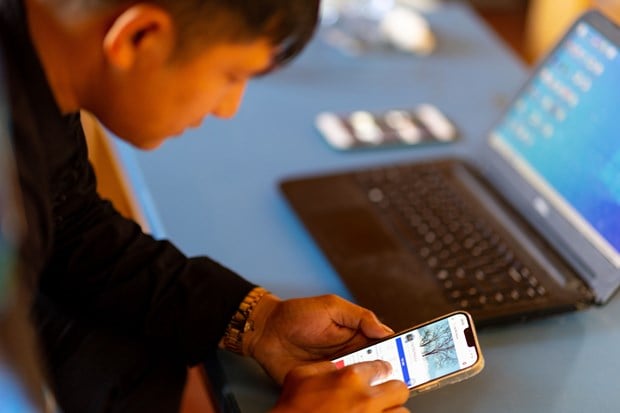
Search for information and book rooms in Y Ty... Photo: Trong Chinh/VNA
However, the report of the Central Propaganda and Mass Mobilization Commission pointed out that, despite many positive results, the movement still faces many difficulties such as: Unsynchronized digital infrastructure in some mountainous and island areas, limited transmission quality; financial resources and technology human resources at the grassroots level are still thin, most IT staff hold multiple positions. The fear of change still exists in a part of the population, especially the elderly and manual workers. The standardization of textbooks and sample learning materials for each target group still needs to be completed.
To make the movement truly sustainable, the Central Propaganda and Mass Mobilization Commission has identified 7 key groups of tasks in the last months of 2025. These are: strengthening leadership, direction, perfecting mechanisms and policies; including the criteria of "Digital Education for All" in the resolution on local socio-economic development; promoting propaganda, organizing activities to honor digital learners and instructors; expanding multilingual documents, including ethnic minority languages.
The Propaganda and Mass Mobilization Committee also clearly stated the task of popularizing digital skills for four main groups: civil servants, students, workers and people; forming a network of "community digital instructors"; developing electronic learning materials and national online learning platforms (MOOCs), integrating VNeID for identification, authentication, and automatic assessment; replicating effective models: Community Digital Technology Team, Digital Family, Digital Market, Digital Ambassador, Youth Volunteers for Digital Transformation; enhancing network safety and security, preventing fake news and online fraud...
The "Digital Literacy for All" movement is not only a program to popularize skills, but also a large-scale social movement - where each citizen is inspired to learn, be creative, and improve their own capacity to adapt to the new era.
“Digital Literacy for All” is a learning movement that promotes the spirit of innovation in Vietnam in the digital age, and is the task of every Vietnamese citizen in the digital age. As General Secretary To Lam emphasized at the Symposium: Digital Literacy for All - Digital National Assembly: Framework of digital knowledge and skills for the modern National Assembly: “Improving digital knowledge for officials, civil servants and people must be an important task, closely linked with administrative reform and socio-economic development. The “Digital Literacy for All” movement must become a revolutionary, all-people, comprehensive, inclusive and far-reaching movement. Each party member, official and civil servant must be a pioneer and exemplary participant in learning digital skills, transforming working methods to suit the digital age”.
Source: https://baotintuc.vn/viet-nam-ky-nguyen-moi/nang-cao-tri-thuc-viet-trong-ky-nguyen-moi-bai-cuoi-khoi-day-tinh-than-hoc-tap-sang-tao-20251009083953212.htm



![[Photo] President Luong Cuong attends the 80th Anniversary of the Traditional Day of Vietnamese Lawyers](https://vphoto.vietnam.vn/thumb/1200x675/vietnam/resource/IMAGE/2025/10/09/1760026998213_ndo_br_1-jpg.webp)
![[Photo] General Secretary To Lam visits Kieng Sang Kindergarten and the classroom named after Uncle Ho](https://vphoto.vietnam.vn/thumb/1200x675/vietnam/resource/IMAGE/2025/10/09/1760023999336_vna-potal-tong-bi-thu-to-lam-tham-truong-mau-giao-kieng-sang-va-lop-hoc-mang-ten-bac-ho-8328675-277-jpg.webp)

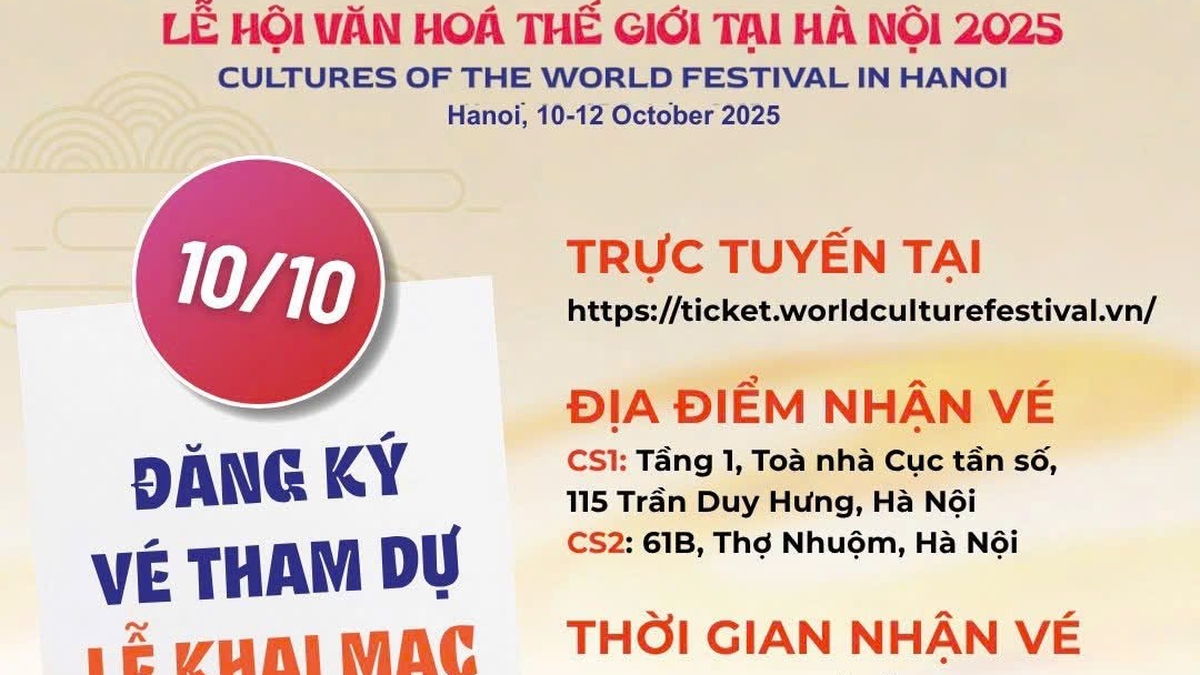
![[Photo] Prime Minister Pham Minh Chinh chairs a meeting of the Government Standing Committee on overcoming the consequences of natural disasters after storm No. 11](https://vphoto.vietnam.vn/thumb/1200x675/vietnam/resource/IMAGE/2025/10/09/1759997894015_dsc-0591-jpg.webp)
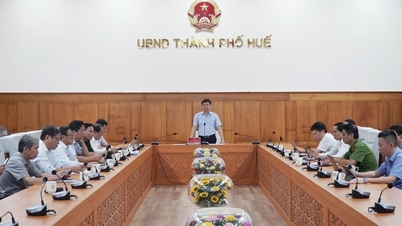

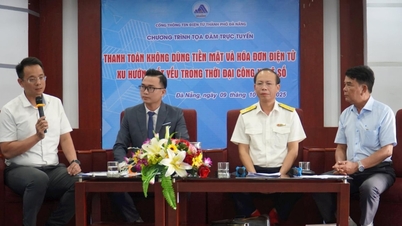











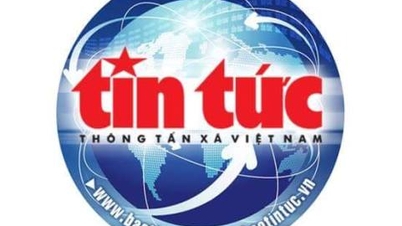











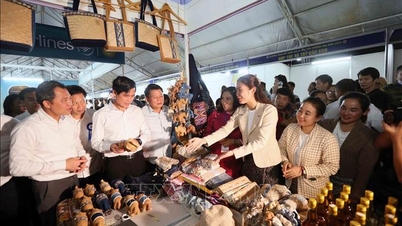
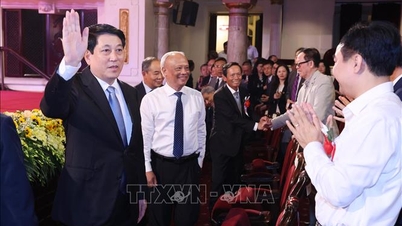









































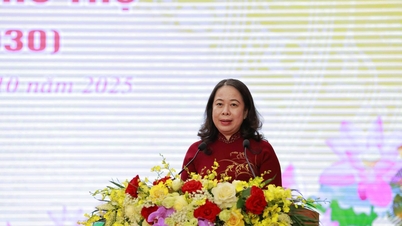




















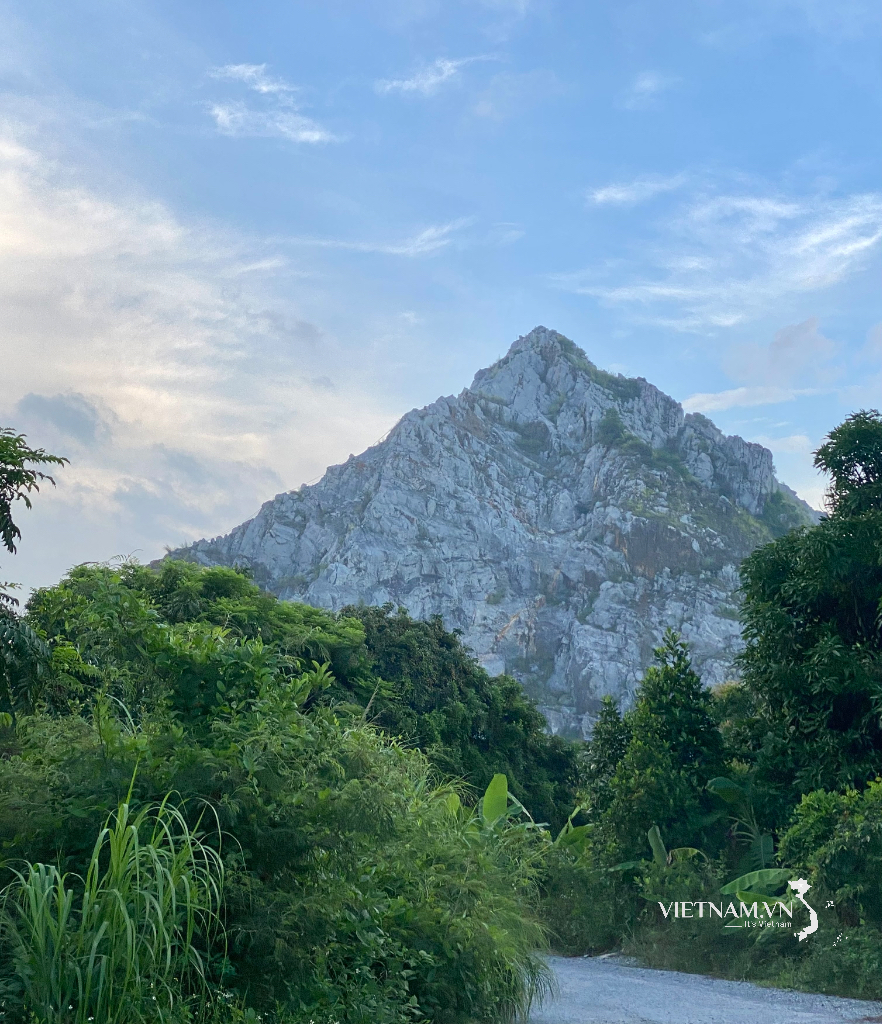

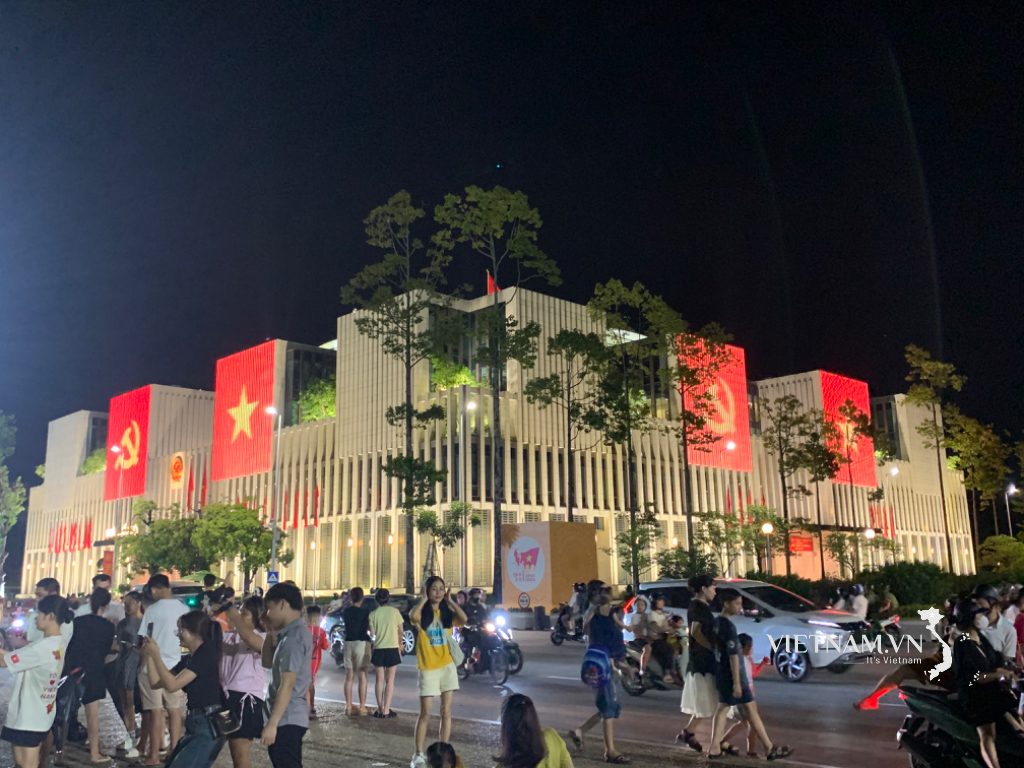

Comment (0)